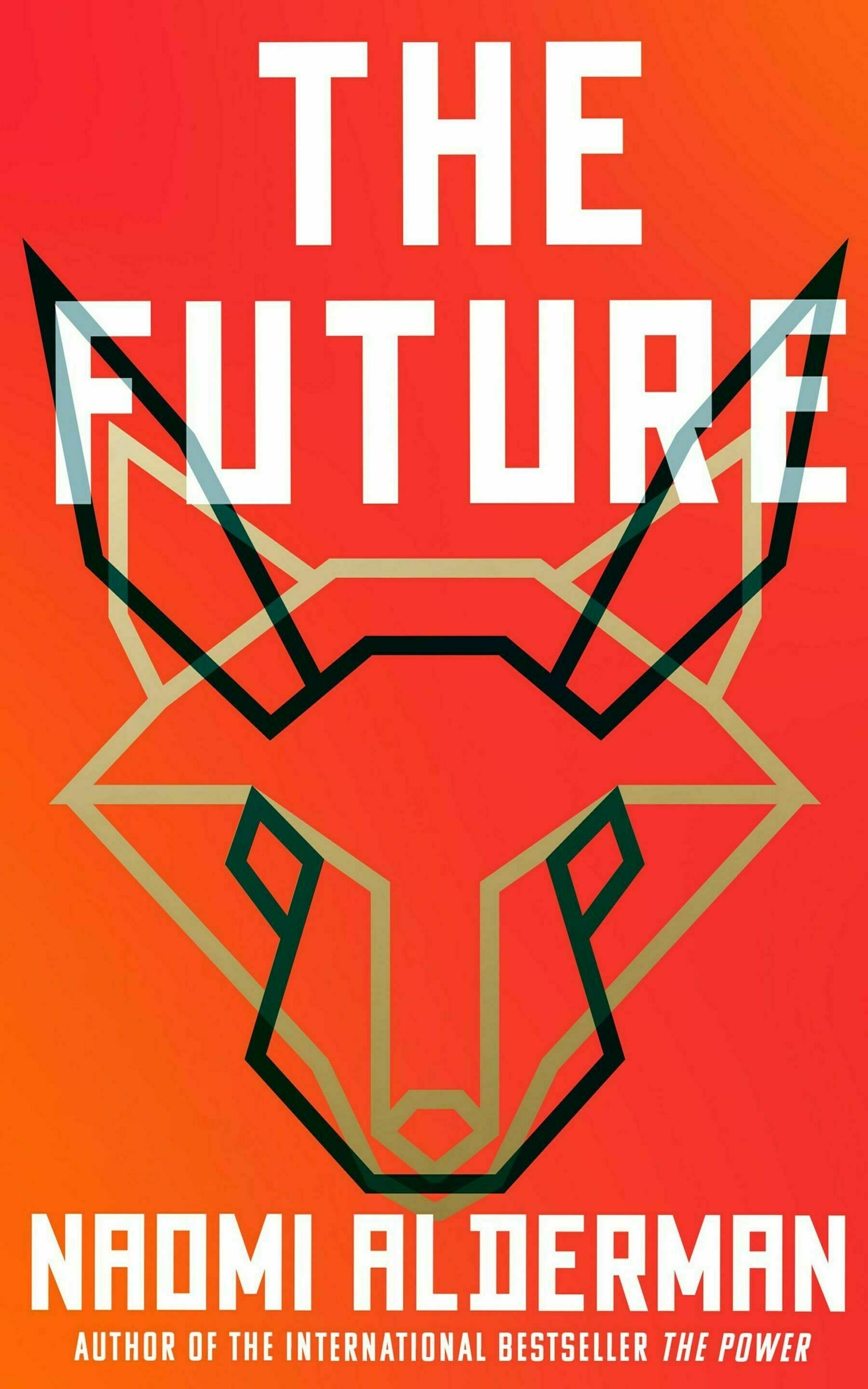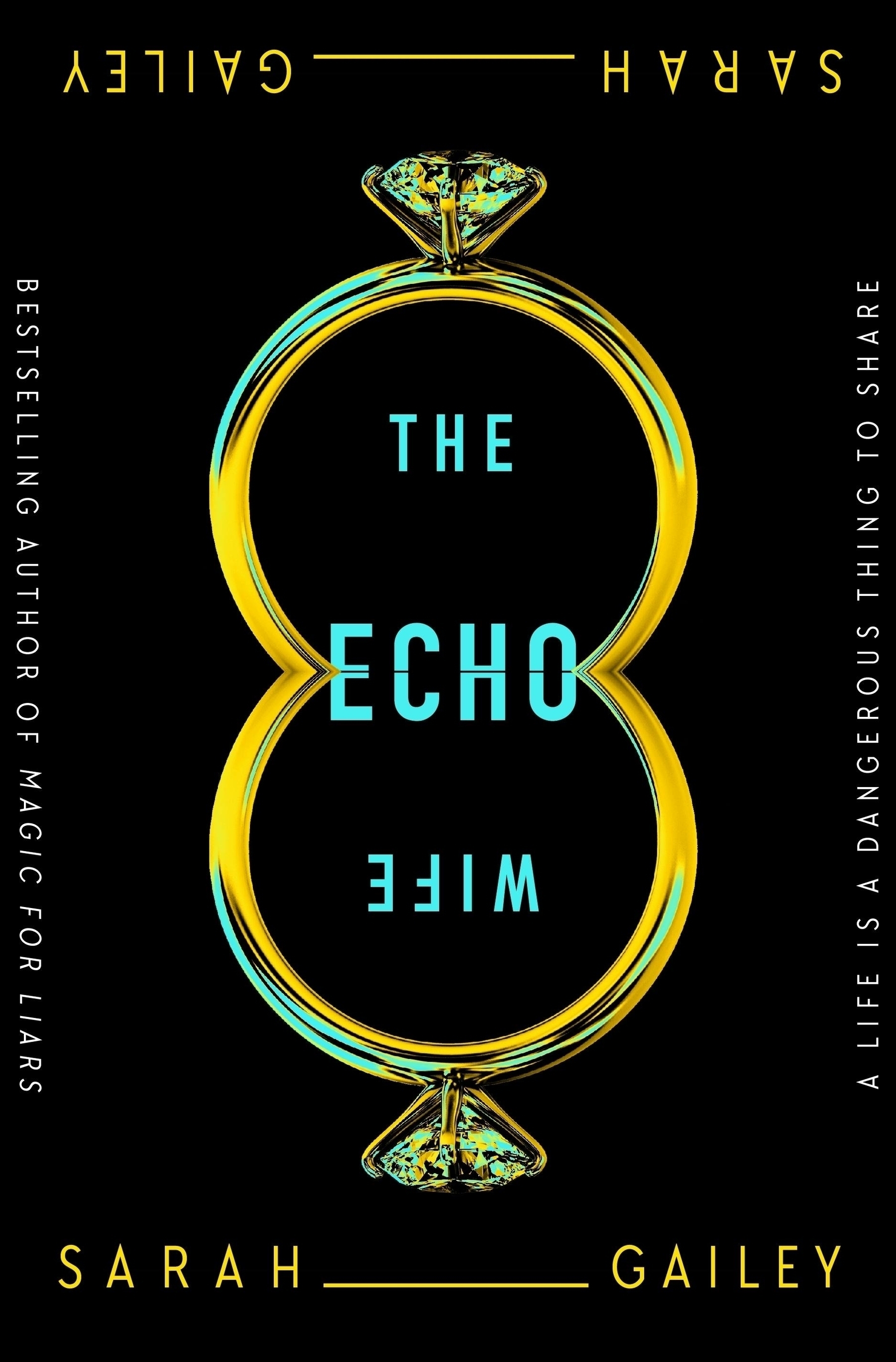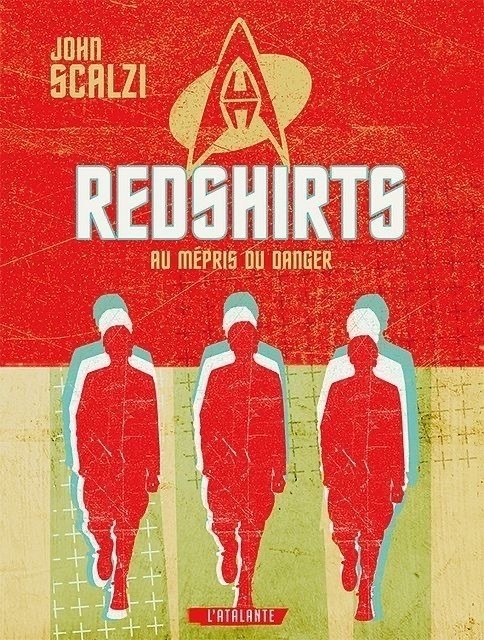I’ve been thinking about stories in the age of streaming and the need for the sugar-high of instant engagement. Two announcements crystallized this for me: the announcement that Ted Lasso is coming back and that The Acolyte is being cancelled.
Ted Lasso had a story to tell and it told it beautifully. It was a story in three acts with a beginning, a middle, and an end. I loved those characters. But is there more to be squeezed from them? Additional seasons are just Apple trying to re-catch lightning in a bottle. There is no narrative reason for more. Apple just wants a franchise (and money).
The Acolyte had a story to tell. It also had a lot of world-building and un-building to do as it challenged viewers to unlearn the lessons of the Original Trilogy and view a universe through a new politics and morality. But it didn’t perform as hoped and the story is now lost to us (see also: racism, and sexism. So much of both).
One season isn’t enough. The teams and communities that create these shows need time to learn. Time to reflect, digest, and build upon lessons learned. The second season of Parks and Recreation. The second season of The Office. This is where these shows got good and learned to tell an engaging story on their own terms. Characters clarified. Narrative techniques were executed more confidently. What’s the point of feedback if there’s no time to learn from and incorporate the feedback. Don’t pack up your toys and go home. Get better.
I wish The Acolyte had been given more. It was a giant canvas of potential the writers had only barely began to engage with. I wish Ted Lasso could have stayed “finished” and shown that restraint can make things better and special. In the world of streaming, every show deserves to tell a complete story. Whether it’s a one-season anthology or a three season arc, or the high-concept production of a fifteen-book series. Choose a story. Commit. Struggle. Compete. Work hard. Make better stuff, not just new stuff.
Commitment and belief, attempting to fix things, learning and experimenting, and seeing things to completion is what will make these back catalogues better. Not the dead husks of abandoned shows. I have less faith in streamers as destinations for entertainment. As I realize that my family’s main engagement with Netflix, for example, is back-catalogue non-Netflix content, it becomes easier and easier to justify cancelling, for example
And don’t get me started on The Outer Range






















